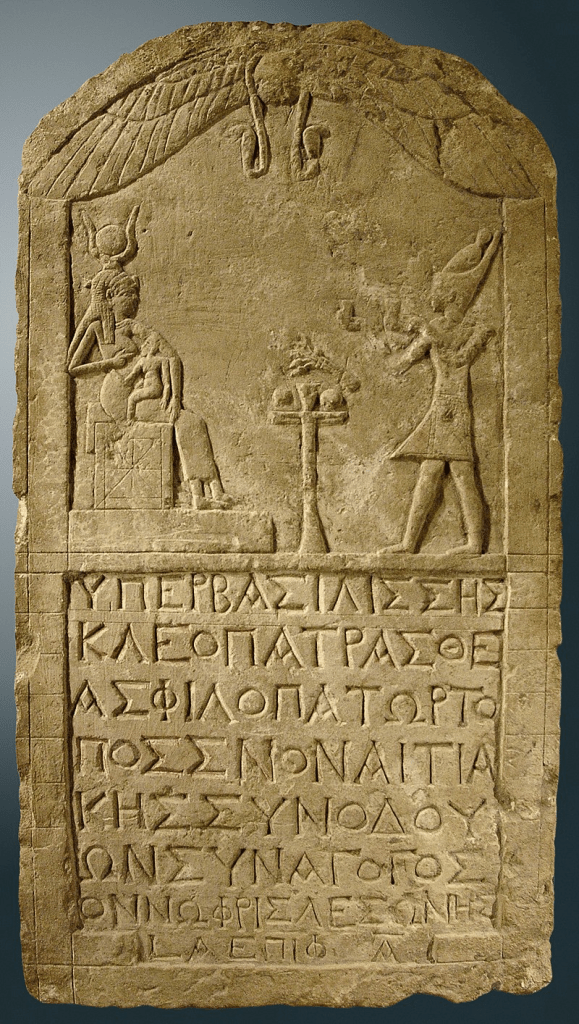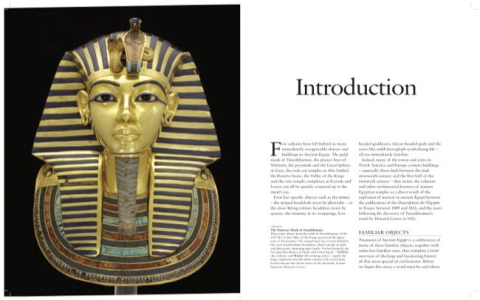Cleopatra, now that’s a name everyone knows, ain’t it? The queen of Egypt, the one who could charm any man, even Julius Caesar and Mark Antony, to fall at her feet. But do you ever wonder where we get all them stories from? How do we know so much about her? Well, let me tell ya, it’s from a bunch of old books and writings, and let me be honest, some of them ain’t even all that clear. We ain’t got many sources that say straight up what went on back then, but there’s enough bits and pieces to put together a picture. Some of these sources been around since way back, and some of ’em even got twisted up over time.
First off, the biggest chunk of what we know comes from this fellow named Plutarch. Now, Plutarch, he was a Greek guy who lived in the 1st century AD, long after Cleopatra had passed. He wrote about the lives of famous people, including Cleopatra’s lover, Mark Antony. His writings are in a book called “Life of Mark Antony,” but let me tell ya, it wasn’t written straight about Cleopatra. So, if you’re looking for the truth about her from Plutarch, well, you might get the truth, but you also might get some fancy storytelling mixed in.
Now, how do we get this Plutarch fella’s story, you ask? Well, the first real English version of his writings came from a guy named Sir Thomas North, back in 1579. Can you believe that? 1579! And this here translation was from a French version of Plutarch’s work. So you can imagine, a lot of stuff could’ve been lost in translation, if you catch my drift. But still, that’s where a lot of what we know about Cleopatra comes from. And, of course, folks have been reading and re-reading these writings ever since, trying to piece together the puzzle of her life.

There’s also some writings from later on that mention Cleopatra. One of ‘em is from a fellow named Al-Mas’udi, who was writing in the 10th century. He was a historian and traveler from the Arab world. His writings talk a bit about Cleopatra, though they mostly focus on her connections with the Romans, like Caesar and Antony. But it’s clear he didn’t have much to go on, so he mixed in some of his own ideas with what he heard from others.
And don’t forget about the folks from the 6th century, like John, Bishop of Nikui. Now, he wasn’t writing about Cleopatra directly, but his writings also touch on Egypt and the rulers from those times. This here source is real thin when it comes to Cleopatra, though. But still, every little bit helps when you’re digging through all them old books.
Then, we got some artistic stuff. Cleopatra’s been painted, sculpted, and put on coins, as folks tried to capture her beauty and power. These old pictures and coins give us a sense of how she was seen by people back in her time and how she’s been remembered by folks over the centuries. But remember, art ain’t always the truth. Sometimes it’s more about what folks wanted to see, not what was really there.
It’s funny, but Cleopatra’s legacy didn’t just get passed down in the old books and paintings. Even in modern times, people like the poet Ahmad Shawqi in the 1920s wrote about her, trying to capture her spirit. So, even though we don’t have a big pile of letters or diaries from Cleopatra herself, we still got a lot of people from the past who’ve kept her story alive, even if they didn’t always get it right.
When you take all these sources together, you start to see Cleopatra through a whole bunch of different eyes—Greek, Roman, Arabic, and even modern perspectives. But let me tell ya, none of ‘em really give you the full picture. They all got their own ideas about what she was like, and that’s why her story’s got so many layers. Was she a seductress? A wise ruler? Or maybe a little bit of both? Well, nobody knows for sure. All we got are these old writings, coins, and pictures to try and figure her out.
So, if you ever find yourself thinking about Cleopatra, just remember: it ain’t all black and white. The sources we got are just pieces of the puzzle, and it’s up to us to try and make sense of ‘em. But one thing’s for sure—Cleopatra sure left her mark on history, even if we don’t know everything about her life. Ain’t that somethin’?
Tags:[Cleopatra, ancient Egypt, historical sources, Plutarch, Sir Thomas North, Al-Mas’udi, John Bishop of Nikui, Ahmad Shawqi, Roman history, legacy]

























